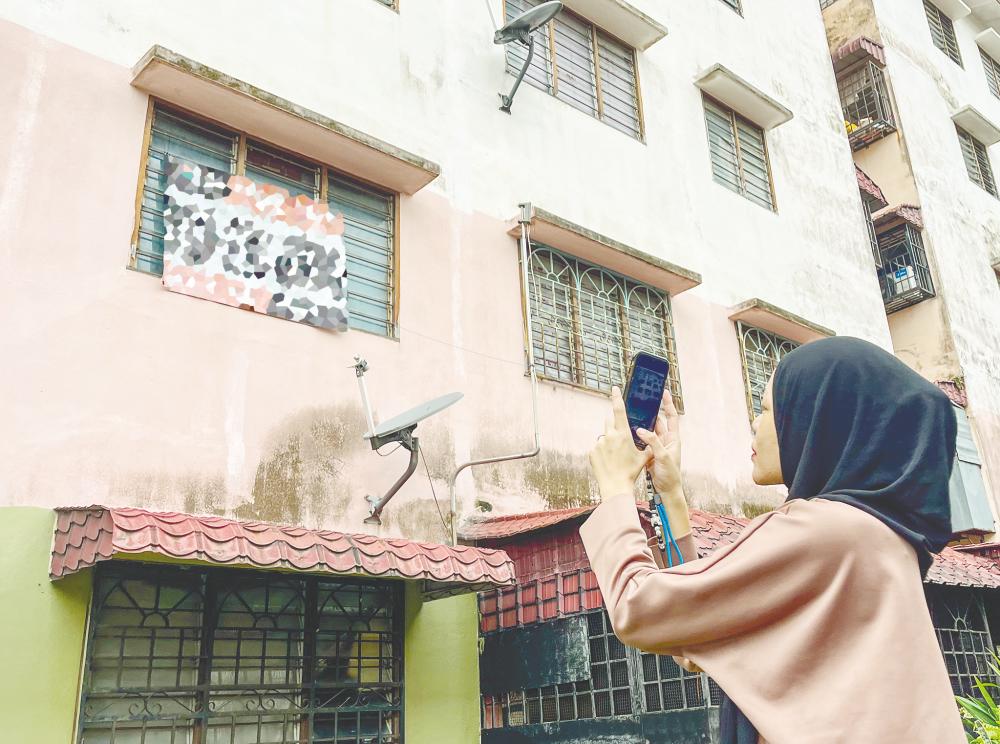PETALING JAYA: Federation of Malaysian Consumers Association (Fomca) president Dr Saravanan Thambirajah said a total of seven rental scams have been recorded in the Klang Valley this month.
“These are just the cases reported to us. There may be many more lodged with the police or the Housing and Local Government Ministry,” he said.
Universiti Teknologi Malaysia property economics and finance professor Dr Muhammad Najib Razali attributed the high demand by students, expatriates and young professionals as a major reason for such scams.
“The lack of standard verification mechanisms for landlords or agents makes it easier for scammers to impersonate legitimate property owners or real estate agents,” he said.
According to Muhammad Najib, rental scams are increasingly common in Malaysia, particularly in urban areas with high housing demand such as Kuala Lumpur, Selangor and Penang.
“Many renters, especially first-timers or foreigners are unaware of common red flags such as unusually low prices or requests for payment before viewing a property.”
He said economic pressures, including rising living costs, make affordable rental options more appealing, allowing scammers to attract victims with deals that seem too good to be true.
Moreover, he said victims often face challenges in seeking justice due to the difficulty of tracking scammers and the lengthy legal processes involved.
“Current rental market practices and regulations in Malaysia remain inadequate to effectively deter scams where the ‘absence’ of a centralised regulatory body creates loopholes that unethical individuals exploit to target tenants.”
He also said foreign students in Malaysia are among the most vulnerable to rental scams due to their unfamiliarity with local practices, laws and market norms.
“Language barriers and limited access to local networks further hinder their ability to verify the legitimacy of landlords or agents.”
He said Malaysian universities could follow the example of institutions in developed countries by creating dedicated housing advisory divisions.
“These divisions collaborate with trusted real estate agencies to provide pre-approved housing options and educate foreign students on the rental process through workshops and informational materials.”
Additionally, establishing a centralised, multilingual platform for verified rental listings would offer students a safer alternative to unregulated platforms.
Muhammad Najib said a centralised verification system or a certified agent registry could help reduce rental scams as it would create greater transparency and accountability in the rental market, making it harder for scammers to operate.
The system would serve as a trusted platform where tenants can verify the authenticity of properties and agents before entering into tenancy agreements.
He also said a certified agent registry, managed by a regulatory body such as the Board of Valuers, Appraisers, Estate Agents, and Property Managers in Malaysia, could further ensure that only licensed professionals are permitted to handle rental transactions.
With this, tenants can easily cross-check agent credentials in the registry, providing peace of mind and reducing the likelihood of falling victim to fake agents.
“This would not only deter scammers but also foster a more professional and ethical rental market.”
Furthermore, he said a standardised tenancy agreement should be introduced to reduce ambiguities and disputes, ensuring they are legally binding and easily accessible to all parties through government-supported platforms.
“Strengthening consumer protection laws specific to rental transactions is another vital measure. This includes implementing harsher penalties for fraudulent activities, streamlined dispute resolutions, and quick enforcement to deter scams.”









